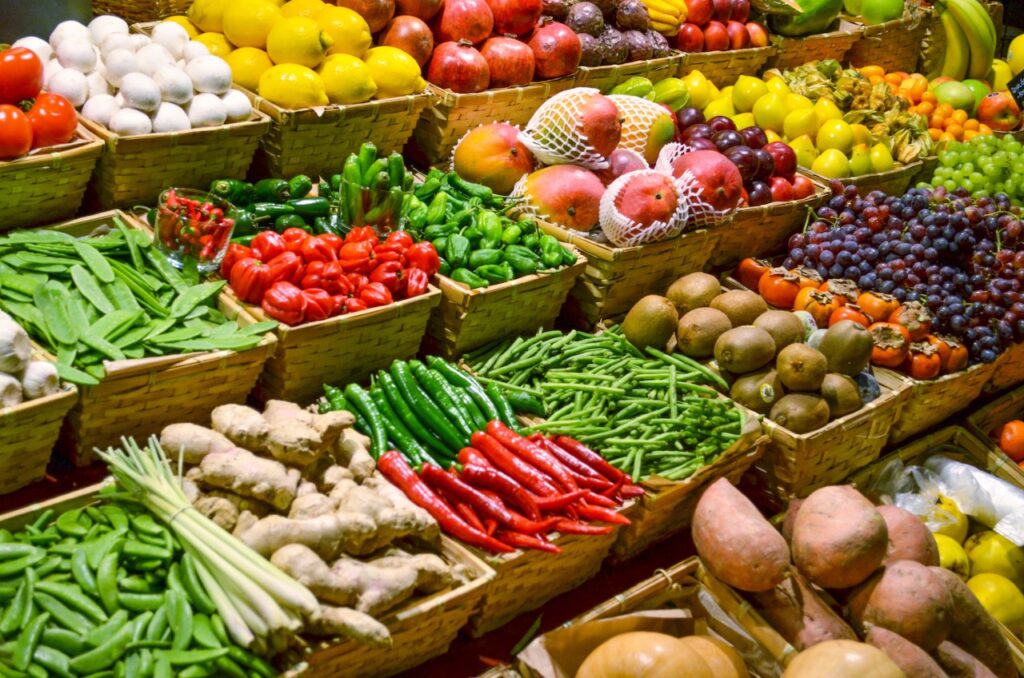President William Ruto’s move to re-introduce genetically modified organisms (GMOs) in the country risk plunging the local agriculture sector into a turmoil, Food security, consumer rights and biodiversity groups have said.
The lobby groups have met the move by criticism protesting the reversal of the ban on genetically modified foods.
A group of 21 non-Governmental organizations is now challenging lifting of the ban.
“We are greatly disappointed by the cabinet’s decision to lift the ban on the cultivation and importation of genetically modified organisms (GMOs) into Kenya, which was put in place 10 years ago” the statement said.
The group cited a lack of participation in the directive which essentially curtails the freedom of Kenyans to choose what to eat or not.
The groups added that all efforts must be made to safeguard livelihoods and economic interests as agriculture continues to be the mainstay for more than 60% of Kenyans.
“The lifting of the ban opens market to US farmers with sophisticated technologies and highly subsidized farming to compete with Kenyan maize farmers that are inadequately supported,” a statement from the lobby groups reads.
Eustus Kiarie the CEO of KOAN-Kenya Organic Agriculture Network warned that the move could expose Kenyan Farmers since they won’t be able to compete effectively with their peers like Uganda and Tanzania.
“This is not a fair market for our farmers. Our neighbours, Uganda and Tanzania will also not favourably compete with the US maize-farmers. Is this the bottom-up economic model that we were promised?”
The lobby groups claimed that the body vested by the government to regulate GMOs failed to do its job as it was not adequately facilitated to undertake its mandate.
Also, they raised a concerned on the Genetically Modified foods safety stating that the cabinet disregarded the fundamental precautionary principle and acted in utter contempt of the interests of the overall public food safety paradigm in the country.
“Food security is not just the amount of food but the quality and safety of food”. The statement said.
The NGOs have also called for transparency asking the government institutions entrusted by the people to protect and propagate information should stop peddling misinformation about the intentions and attributes of GMOs and they also demanded that the ban to be immediately reinstated and an inclusive participatory process be instituted to look into long term and sustainable solutions affecting food security and agricultural productivity in the country.
“The government in partnerships with CSOs, consumer and farmer organizations should immediately roll out public awareness campaign to inform the public on the pros and cons associated with GM food and seek their consent before allowing them on the Kenyan plates.”
Nearly 20 years ago Kenya attempted to adopt the better-yielding disease-and drought-resistant genetically engineered crop varieties.
These improved crops were later banned in November 2012 after a number of concerns over the safety of genetically modified foods in Kenya and other African countries.
The decision comes when more than 4.2 million Kenyans are facing severe hunger amid high food prices due to drought and the Russian-Ukraine War.






More Stories
The African Talent Company and Mastercard Foundation Scale Youth Employment Solutions Across Africa
Kenya’s Year 9 Learners Face Historic Choice as CBC Career Pathways Take Effect
10 Reasons Bastille Day Is the Ultimate French Summer Experience